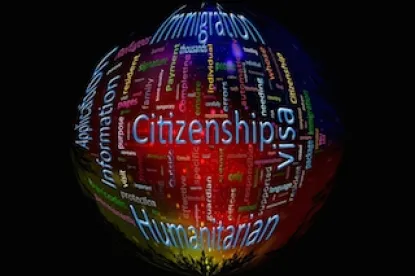Employers should note that U.S. Citizenship & Immigration Services (USCIS) announced recently that gestational mothers who use assisted reproductive technology meet the definition of “Mother” and “Parent” under the Immigration and Nationality Act (INA). For example, a woman who became pregnant through an egg donor will be (1) able to petition for her child based on their relationship, (2) eligible to have her child petition for her based on their relationship, and (3) able to transmit U.S. citizenship to her child, if she is a U.S. citizen and all other pertinent citizenship requirements are met. This is accomplished by USCIS and the Department of State (DOS) determining that a woman who has (a) given birth to a child, and (b) was the child’s legal mother at the time of birth under the law of the relevant jurisdiction meets the definition of a “Mother” and “Parent” under the INA.
Previously, a genetic relationship with a U.S. citizen parent was required in order for a child born abroad to acquire citizenship at birth through his or her parent. This policy change will help ensure that a woman who gives birth to a child through the use of assisted reproductive technology (i.e. through an egg donor) will not be penalized for lacking a strictly genetic relationship to the child. In the past, a woman who gave birth to a child through an egg donor would be forced to adopt the child they’ve birthed in order for that child to obtain U.S. citizenship. This policy change will correct the absurdities inherent in the prior situations, such as the one described here.



 />i
/>i

